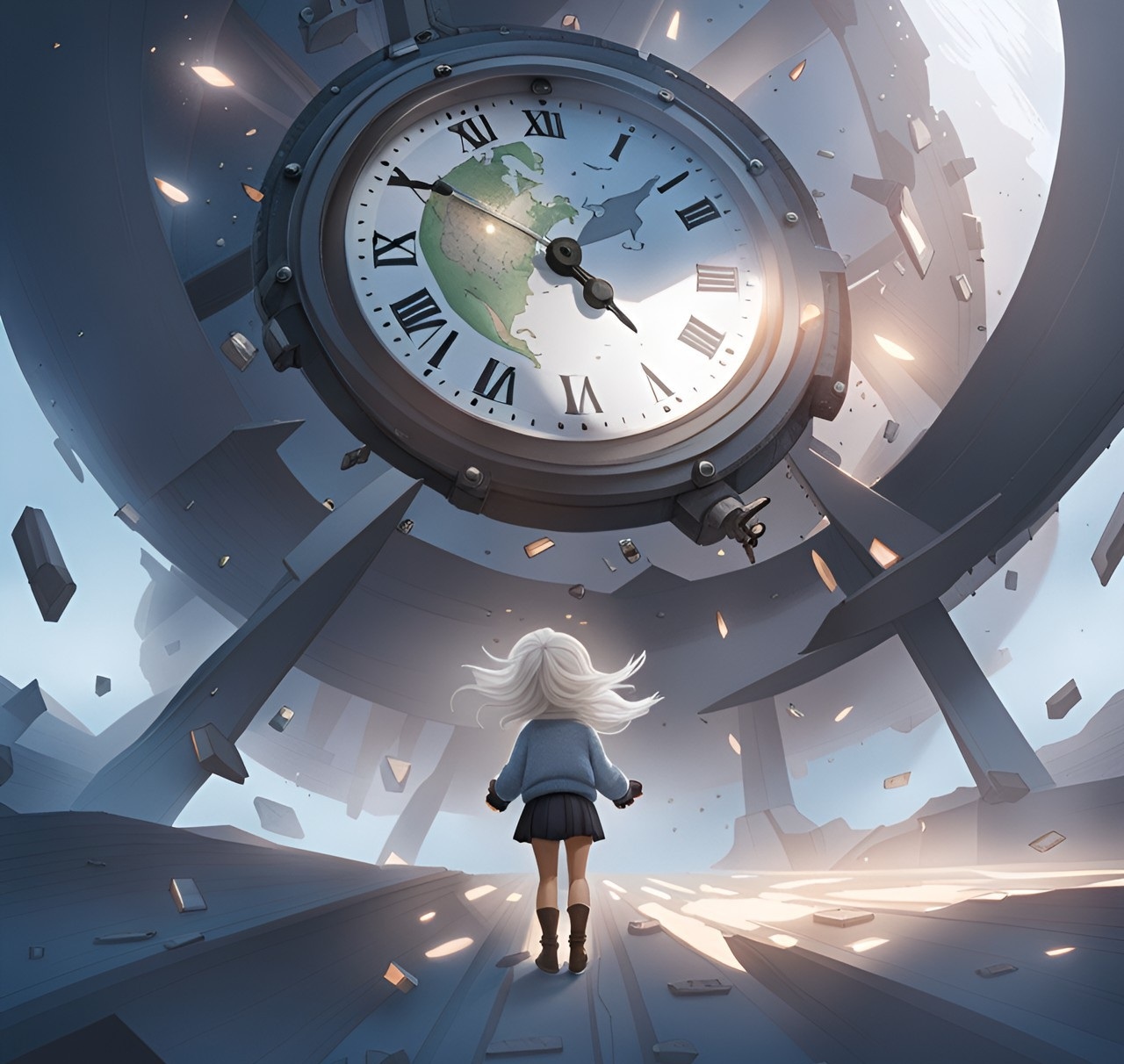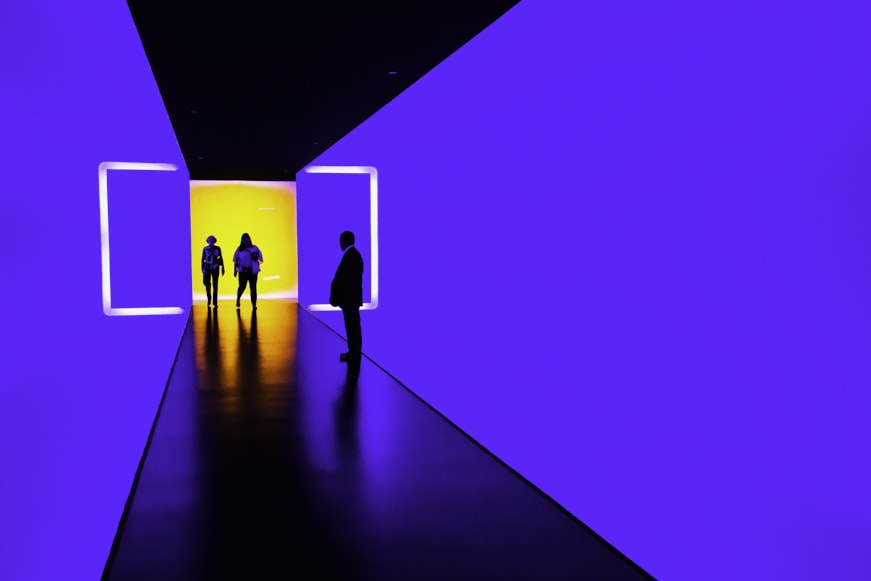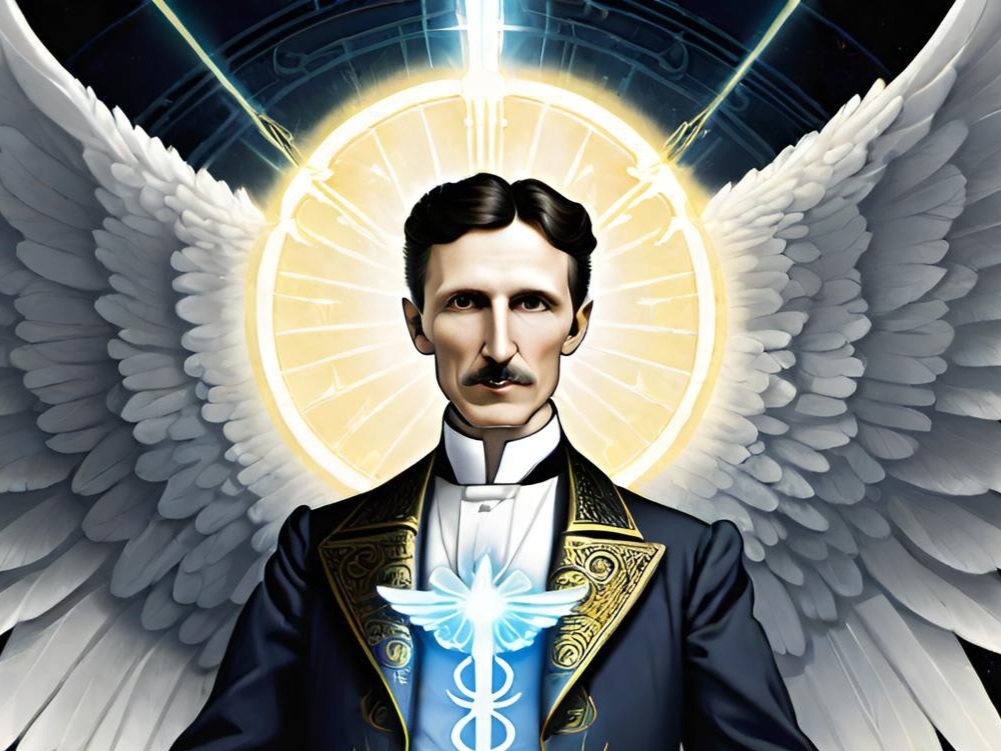Throughout human history, we have pondered the mysteries of our existence and sought to understand the origins of the universe. Traditional theories propose that the universe originated from a singular event, such as the Big Bang, billions of years ago. However, what if there exists a remarkable possibility that challenges our conventional understanding? What if the universe we inhabit was brought into existence by something that has yet to occur within our chronological framework of time? This intriguing concept invites us to explore the potential existence of a future event that has already shaped our reality. This mind-bending proposition takes us on a journey beyond the confines of our current understanding, where the future itself becomes the architect of our cosmic existence.
The nature of the universe has been a subject of fascination and speculation for centuries. Scientists, philosophers, and theologians have sought to unravel the mysteries of its origins and purpose. One intriguing concept that challenges traditional notions of time and causality is the idea that the universe may have been created by something that hasn’t happened yet in our chronology of time. This thought-provoking hypothesis raises profound questions about the nature of existence and the limitations of our understanding. In this article, we will explore this mind-bending idea and its potential implications.
The Arrow of Time
To comprehend the concept of the universe being created by something that hasn’t happened yet, we must first examine our understanding of time. Our perception of time is governed by the arrow of time, which flows inexorably from the past to the future. We experience events in a linear sequence, with cause and effect forming the backbone of our understanding. This understanding is deeply ingrained in our scientific and philosophical frameworks.
However, the notion that the universe could be created by something that lies beyond our current understanding of time challenges this linear perspective. It suggests the existence of a non-linear, cyclical, or multi-directional flow of time, where events can occur in a manner that doesn’t conform to our familiar cause-and-effect relationships.
Quantum Mechanics and Time
Quantum mechanics, the branch of physics that deals with the behavior of matter and energy on the smallest scales, provides intriguing insights into the nature of time. According to quantum mechanics, particles can exist in multiple states simultaneously until observed or measured. This superposition of states implies that the future may influence the present, blurring the boundaries between cause and effect.
If the universe is created by something that hasn’t happened yet, it could be an extension of this quantum strangeness. The future, rather than being a fixed outcome, may be a realm of possibilities and potentialities that influence the present. In this view, the creation of the universe could be a result of some future event or state that shapes the fundamental fabric of reality.

The Predestination Paradox
The concept of the universe being created by something in the future also raises the intriguing question of predestination. If the future has already determined the creation of the universe, does that mean our actions and choices are predetermined? Are we merely actors playing out a script written by events that have not yet occurred in our chronology of time?
This philosophical puzzle, known as the predestination paradox, challenges our notions of free will and personal agency. It suggests a universe where the past, present, and future are intricately interwoven, with each influencing the other in a complex web of causality. It forces us to question whether we are active participants in shaping our destiny or mere passengers on a predetermined journey.

Multiverse and Time Loops
Another intriguing possibility arising from the idea of the universe created by something that hasn’t happened yet is the existence of a multiverse or time loops. In a multiverse, multiple universes coexist, each with its own set of physical laws and properties. It is conceivable that the creation of our universe is a result of events unfolding in another universe, which has not yet occurred in our timeline.
Similarly, the notion of time loops suggests that events can repeat themselves indefinitely. The creation of the universe could be a recurring event, with each iteration influenced by future iterations. This cyclical view of time challenges our linear understanding and opens up exciting possibilities for the nature of existence.
Implications and Speculations
If the universe is created by something that hasn’t happened yet, it fundamentally alters our understanding of reality. It suggests a universe where time is not an absolute, but a malleable and non-linear construct. It challenges our notions of causality, free will, and personal agency, raising profound questions about the nature of our existence and the limits of our understanding.
Speculating on the implications of such a concept is both exciting and daunting. Could we harness the power of the future to shape our present? Can we influence events that have not yet occurred? These questions delve into the realm of science fiction and philosophical musings, but they offer glimpses into the possibilities that lie beyond our current comprehension.
Conclusion
The idea that the universe may be created by something that hasn’t happened yet in our chronology of time pushes the boundaries of our understanding. It challenges traditional notions of cause and effect, time’s linear progression, and our perception of reality. While this concept remains speculative, it encourages us to question our assumptions, explore new avenues of thought, and embrace the mysteries that lie at the heart of the universe. Whether or not this hypothesis holds true, contemplating such notions expands our intellectual horizons and fuels our curiosity about the nature of existence itself.




